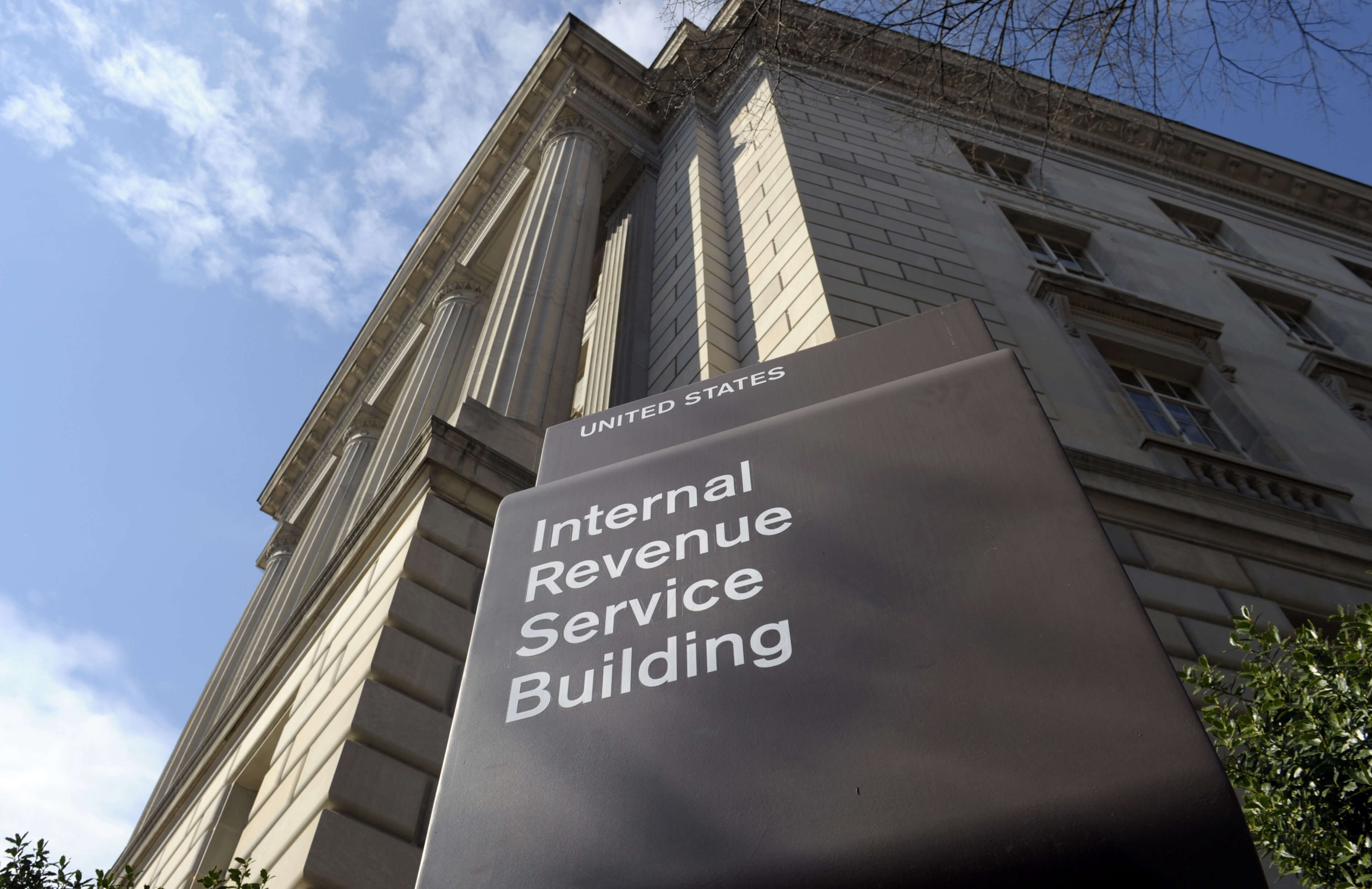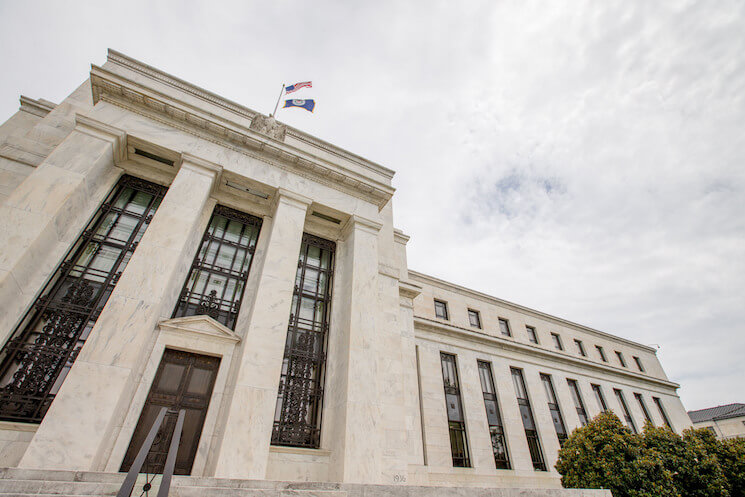Must-Read: As I have said before, I think Ann Pettifor here fundamentally misreads what is going on. I think she has fallen victim to a version of what Ernst Gellner cruelly but accurately called the “wrong address” neo-Marxist theory of history: that parcels that were supposed to be delivered to “class” were somehow delivered to “nation-state” or “ethnicity” instead. This theory has a codicil that if we close our eyes, Tap our heels together three times, wish really hard, and argue really eloquently then when we open our eyes we will see that it was always really about class, exploitation, and capitalism all along.
I am sorry: they have been waiting up on the hilltop for the millennium ever since 1848. It is time to try something very different.
Still: very well argued, and very much worth reading:
Ann Pettifor: Brexit and Its Consequences: “The ‘Brexit’ vote is but the latest manifestation of popular dissatisfaction with the utopian ideal of autonomous markets beyond the reach of regulatory democracy…
…Brexit represented the collective, if (to my mind) often misguided, efforts of those ‘left behind’ in Britain to protect themselves from the predatory nature of market fundamentalism. In a Polanyian sense, it is a form of social self-protection from self-regulating markets in money, trade and labour. Globalization was, and remains, the utopian ambition of those many economists, financiers, politicians, and policy-makers that were once aptly defined by George Soros as ‘market fundamentalists’…. When more than 17 million British voters opted to end ties with the European Union on the 23 June 2016, they exposed the fragility and even futility of the ambition to build markets beyond the reach of regulatory democracy. By doing so, British voters rejected the advice of dozens of leading economists and several powerful financial institutions. The outcome threatens to undermine the pivotal role played by the City of London in ‘globalizing’ and financializing the world economy….
The economic theories and policies that led to the Great Financial Crisis… the structures and operation of an increasingly globalized, autonomous, self-regulating market in finance, trade, and labour…. The destabilizing consequences of the crisis and the reversal of the globalization agenda triggered countervailing nationalist and protectionist movements…. Re-regulating the British economy in favour of finance and enriching the 1% while shrinking labour’s share of income resulted in rising inequality and lit a still smouldering fuse of popular resentment. Resentment made most explicit in the Brexit vote….
The economic profession’s deflationary, liberal finance bias, and the failure to include money, debt, and banks in economic analyses and modelling made it nigh impossible for the profession to correctly predict, prevent, or mitigate the ongoing crisis…. Today’s policy-makers struggle to stabilize an unbalanced global financial system, and doggedly oppose expansionary policies needed to ensure employment and recovery. The necessary restructuring and rebalancing of the global economy have been postponed. With the historic Brexit vote, the British people rejected this flawed brand of economics—and in particular the dominant liberal finance narrative. And they did so because the hardship they are experiencing—repressed wages, diminished public services, rising housing costs and shortages, and insecure employment—is indirectly a consequence of the theories and policies of the mainstream economics profession….
Britain’s ‘Brexit’ vote is but the latest manifestation of popular dissatisfaction with the economists’ globalized, marketized society. And if there should be any doubt that these movements are both nationalistic and protectionist, consider Donald Trump’s campaign threat to build a wall between Mexico and the US, to deter migrants, ‘gangs, drug traffickers and cartels’ (Trump website). Trump’s plan for financing the wall involves the introduction of controls over the movement of capital. If the Mexican government resisted, argued Trump, the US would cut off the billions of dollars that undocumented Mexican immigrants working in the US send to their families annually…. Nationalism, protectionism, and populism are not confined to Western nations. In India, a BJP MP, Subramanian Swamy, fired a salvo at the Reserve Bank of India (RBI) governor Raghuram Rajan that led to his unexpected decision not to seek a second term….
Karl Polanyi predicted in The Great Transformation that no sooner will today’s utopians have institutionalized their ideal of a global economy, apparently detached from political, social, and cultural relations, than powerful counter-movements—from the right no less than the left—would be mobilized. The Brexit vote was, to my mind, just one manifestation of the expected resistance to market fundamentalism….
the idea of a self-adjusting market implied a stark utopia. Such an institution could not exist for any length of time without annihilating the human and natural substance of society … . Inevitably, society took measures to protect itself, but whatever measures it took impaired the self-regulation of the market, disorganized industrial life, and thus endangered society in yet another way.
Brexit has endangered British society in yet another way, but the vote was, I contend, a form of social self-protection from self-regulating markets in money, trade, and labour.
Ann Pettifor (June 2016): Brexit: Economists Dangerously Irrelevant: “We… call for an urgent, independent, public inquiry into the economics profession[‘s]…
…precipitating both the financial crisis of 2007-9… the subsequent very slow ‘recovery’… [and its] role of the profession in the run up to the British European referendum campaign…. It may just be that the prospect of hardship to come might not have been very compelling for those already suffering the hardship of low wages, insecure low-skilled jobs, bad housing, high rents, an under-resourced and increasingly privatised NHS, and other forms of public sector ‘austerity’. With this historic vote, the British people have… rejected economics–and in particular the dominant economic narrative….
Economists led the way to financial liberalisation of the past 40 years, which led to soaring levels of debt, crises and financial ruin. Economists dictated the terms for austerity that has so harmed the economy and society over the past years. As the policies have failed, the vast majority of economists have refused to concede wrongdoing, nor have societies been offered alternative economics policies…. It is hardly surprising, therefore, that the British public did not find the opinion of Remain ‘experts compelling’…. The “experts” and the economic stories they tell, have been well and truly walloped by the result of this referendum. And rightly so….
I voted to Remain. I do not believe that Brexit is a wise decision. I fear its consequences in energising the Far Right both in Britain but also across both Europe and the US…. But the people are not to blame. The economics profession, and their friends amongst the world’s financial elites, are to blame. They engineered their own political and financial bail-outs after the grave financial crisis of 2007-9. Economists cheered on politicians and effectively urged them to transfer the burden of losses on to those most innocent of the crisis. Conservative and Social Democratic politicians with friends in financial circles, were only too happy to oblige…
Ann Pettifor (April 2016): Why I Will Vote Remain: “Back in 1975 I did not just oppose membership of the EU, I actively campaigned against it…
…In the 1990s I strongly opposed Britain’s membership of the Exchange Rate Mechanism (ERM)…. I am firmly opposed to the way in which European Treaties… have embedded market fundamentalist economic policies into quasi-constitutional law…. So why then, am I voting to Remain?….
First and foremost, the… continent is now on the brink of fracturing…. The situation is of course exacerbated by the EU’s ‘free’ market principles for the untrammelled and unmanaged movement of capital, trade and labour. And for the commodification of land and labour. These liberal finance principles have triggered popular resistance…. Right-wing populism–a reaction to, and movement against market fundamentalism–now poses a real threat to European democracy, and to European peace and stability…. I am not prepared to be party to such disruption at such a tense time in European political history….
A second reason… is… Britain is heavily responsible for the market fundamentalism entrenched in the European Treaties…. Europe’s social welfare model has been severely strained by Anglo-American policies for de-regulation, privatisation and ‘structural’ changes to labour markets, now alas more widely shared within the EU. Our responsibility for such policies requires that we act responsibly in helping to get them reversed….
My third reason is… the move to Brexit is led by the most reactionary forces in Britain…. They stand for market fundamentalism, not for the more progressive EU we seek. The EU’s gains on social and labour standards, on environmental protection and climate change–themselves at risk–would be dismantled…



